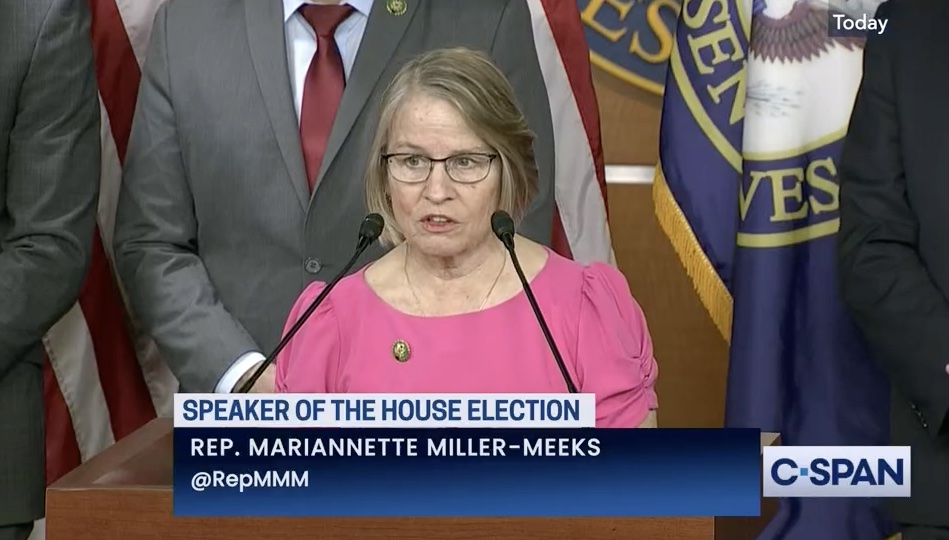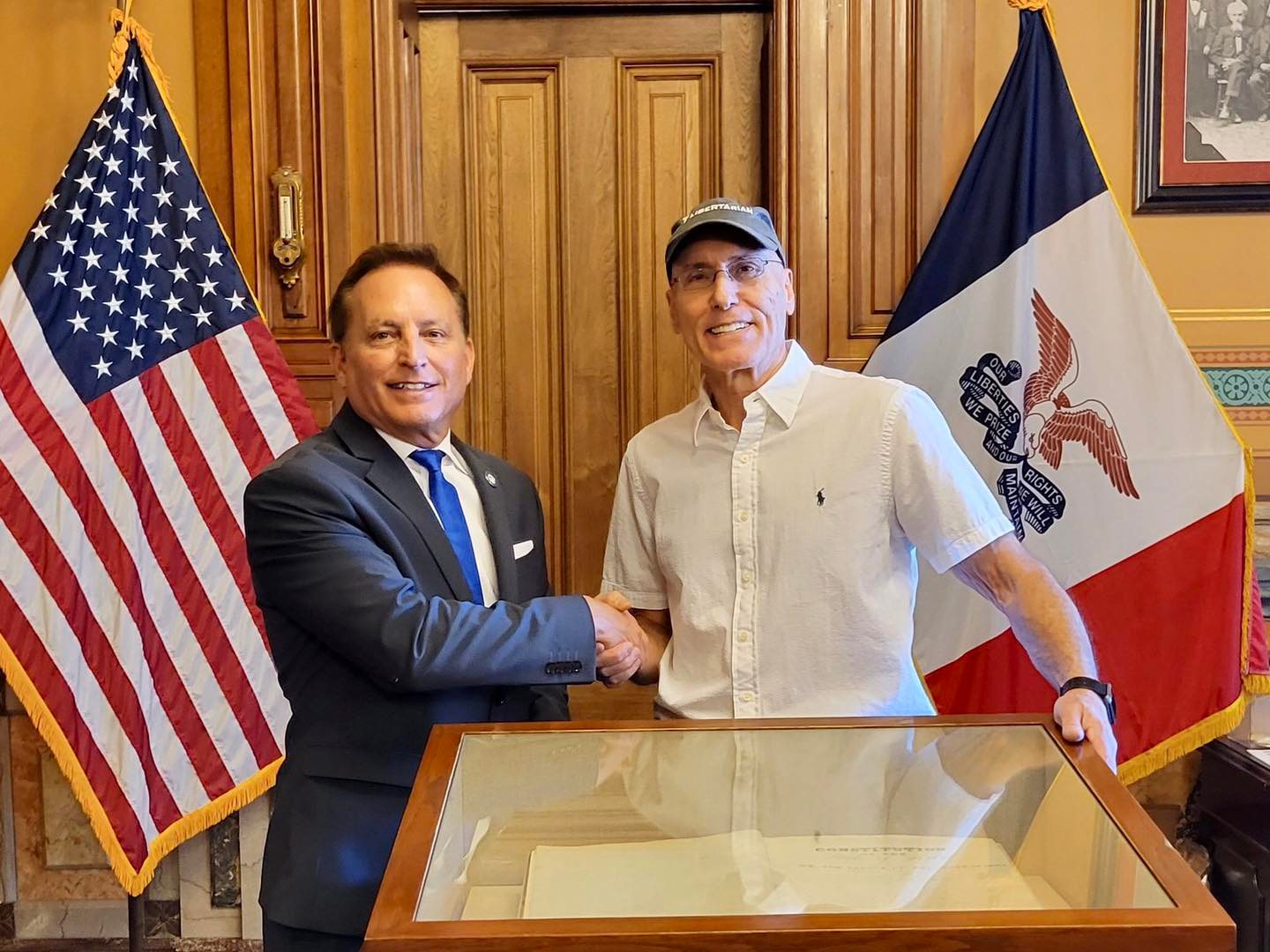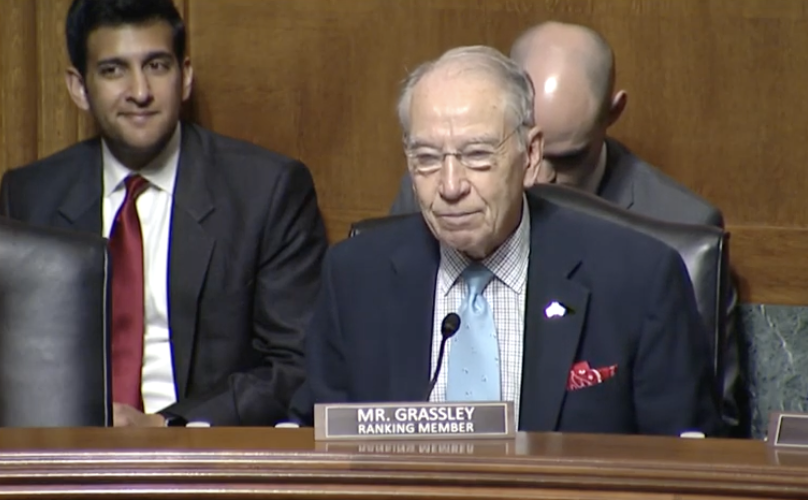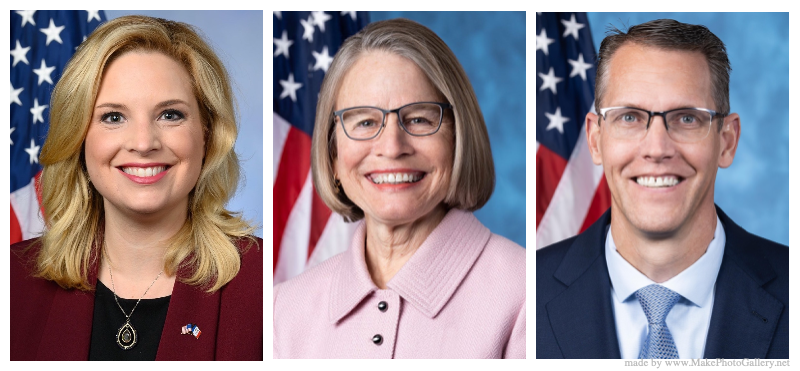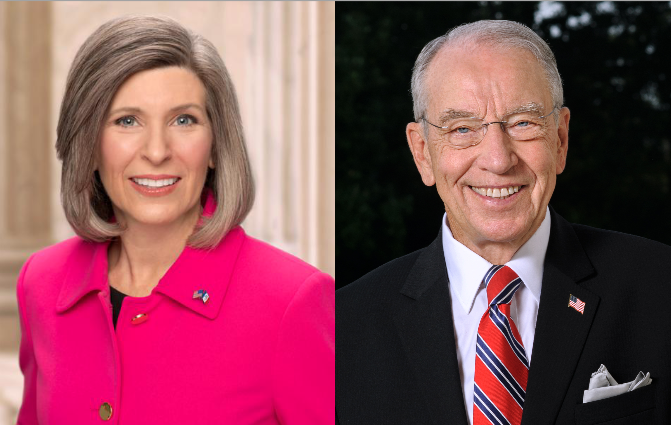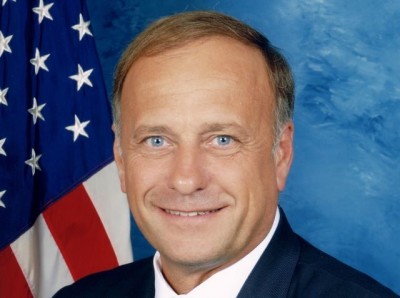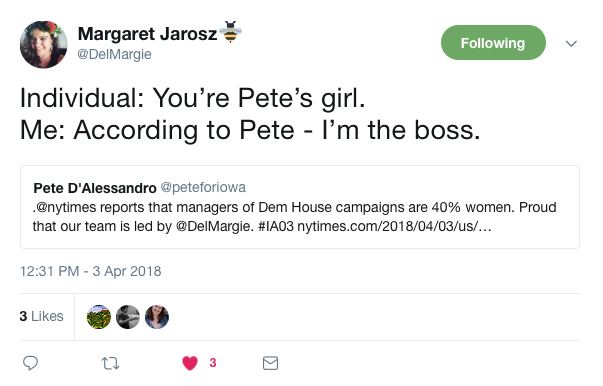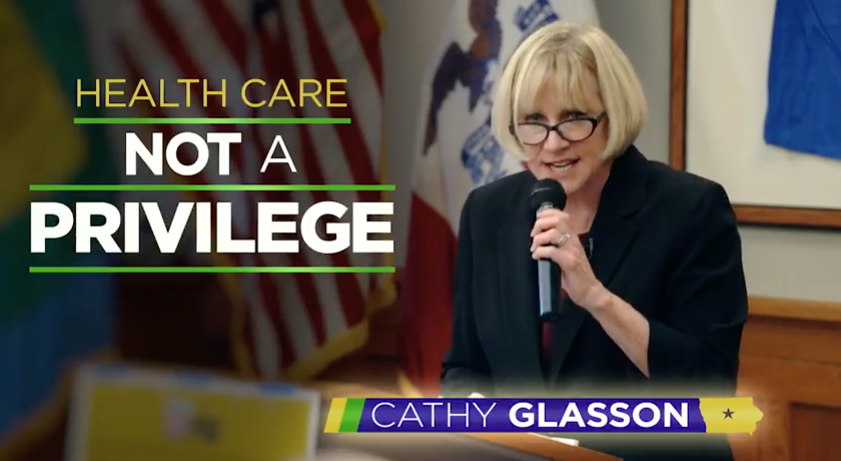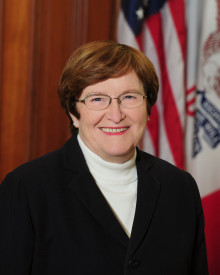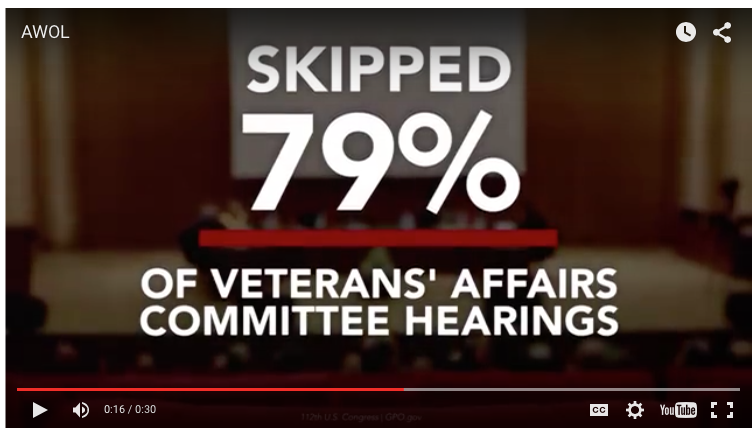Happy election day to the Bleeding Heartland community. The weather forecast looks good for most parts of Iowa. Polls are open everywhere from 7 am to 9 pm. It’s too late to mail absentee ballots, but you can still hand-deliver completed absentee ballots to your county auditor’s office, or “surrender” you ballot at your regular polling place, then vote with an ordinary ballot.
Three new polls of the U.S. Senate race came out on Monday. Quinnipiac found Bruce Braley and Joni Ernst tied at 47 percent. (That pollster’s previous Iowa survey had Ernst leading by 49 percent to 45 percent.) Fox News found Ernst ahead by 45 percent to 44 percent. Public Policy Polling found Ernst ahead by 48 percent to 45 percent.
All three polls confirmed my belief that the Des Moines Register’s Iowa poll by Selzer & Co was an outlier. No other survey has found Ernst above 50 percent or ahead by such a large margin. If she does win the IA-Sen race by 7 points, I will declare Ann Selzer a polling genius.
Incidentally, the new polls also found Governor Terry Branstad ahead of Democratic challenger Jack Hatch by a smaller margin than in the Register’s final Iowa poll. Quinnipiac found Branstad ahead by 52 percent to 41 percent. That was similar to Public Policy Polling’s finding of Branstad at 54 percent and Hatch at 43 percent. Fox News found a bigger lead for the governor: 53 percent to 36 percent.
PPP has been the only firm to consistently poll down-ballot statewide races in Iowa this year. Its final poll found Democrat Brad Anderson ahead in the secretary of state race, with 44 percent support to 38 percent to Paul Pate and 3 percent each for Jake Porter and Spencer Highland. (Porter, a Libertarian, received about 3 percent of the statewide vote in the 2010 secretary of state race.)
PPP found State Auditor Mary Mosiman leading her Democratic challenger by 46 percent to 41 percent. State Treasurer Mike Fitzgerald is ahead of his Republican challenger Sam Clovis by 48 percent to 38 percent, with Libertarian Keith Laube pulling 5 percent. Iowa Secretary of Agriculture Bill Northey has a comfortable 51 percent to 33 percent lead over Democrat Sherrie Taha, with a minor-party candidate pulling 5 percent. Finally, Attorney General Tom Miller leads Republican Adam Gregg by 55 percent to 36 percent.
While canvassing in Windsor Heights and Clive on Saturday, Sunday, and Monday, I didn’t see any Republicans knocking on doors, nor did I see Republican campaign literature on doorknobs or front porches. Another Democratic canvasser in a different part of the state had a similar experience. I would like to hear from Bleeding Heartland readers about what you’ve seen of the Republican “ground game” during the final days. As far as I can tell, the GOP has relied mainly on robocalls and perhaps live-caller phone-banking. Republicans paid for many robocalls in the final days.
Speaking of robocalls, many Democratic households in the third Congressional district (including mine) received a call Monday evening recorded by Senator Chuck Grassley, making the case for David Young.
Any comments related to today’s election are welcome in this thread.
P.S. – A testy exchange with a reporter about how President Barack Obama has handled the ebola outbreak underscored why Joni Ernst’s handlers didn’t want her sitting down with most Iowa newspaper editorial boards.



